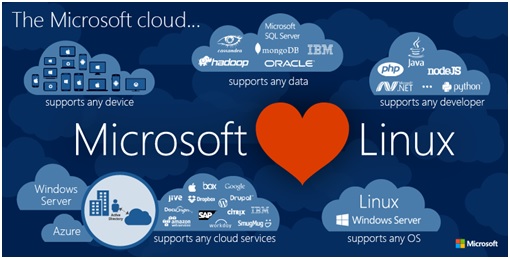At what can easily be mistaken for a show-off Data Driven event in New York recently, Microsoft gave us a preview into their 2016 SQL Server management system. Although not opened to the public yet, some daring propositions were made. Most noticeable is the offer to save millions in license fees and support sessions.
Judson Althoff, head of Microsoft’s North American presence, went on to assure would be migrants to their platform of the ease at which they will migrate and get support in times of need. During the entire week, full page ads were bought to get the word out through print media. The drive is on and only ends on the last day of June 2016.
A lot of institutes are on record backing MS SQL Server management technologies for their robust security in the past. They notice that fewer to no reports of data integrity concerns were reported from users of SQL rather than Oracle. Which has been a Linux stronghold, but that sure should change if we take these organization’s words. SQL Server 2016 will be executable on the Linux platform; that alone could be reason enough for companies hosting websites and even their entire companies on the open source technology. A migration would render SQL Server partly open source in the sense that no costs will be incurred, the fee waiver is extended to the product’s entire lifespan with the data of a migrant company.
Simple to functional scripts were executed on display for all to confirm after [@@version] that they were looking at the future of database management software.
Ears are still lifted for a response from Oracle on the daring move by Microsoft. We couldn’t help being led to think Microsoft has good motives, migration from database to another is a stressful process for any organization, big or small. They are willing to send hands on assistance to make the transition as smooth as possible.
After migration, companies can witness up to half their speed increased to online services as well as code processing speeds at 25% better rates. Perhaps the most important integrations that will pull more users to it than to Oracle will be the mobile business intelligence features. Users will reportedly be able to get push notifications of reports on the move on their Android, iOS devices and even Windows phones.
I personally would be clueless of a response strategy if I were at Oracle. Is the best way forward silence and better updates to match the new technologies available through SQL Server 2016? Should they just hope for loyalty among current users or make some backlash press conference to do damage control. Either way, a lot of users are set to bleed from their market share. There is however no doubt that the competition will probably result in more innovative solutions to the ever changing business requirements of users on both fronts. Who doesn’t like better tech?



